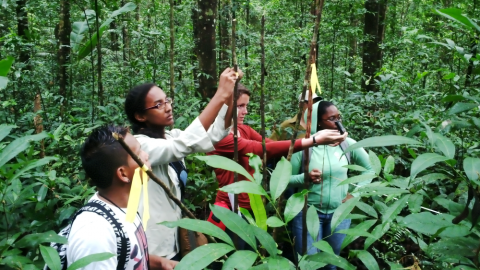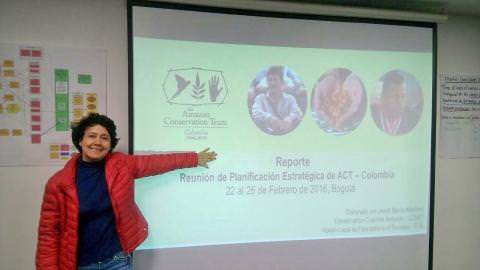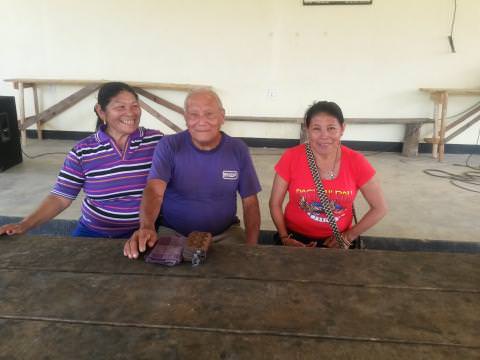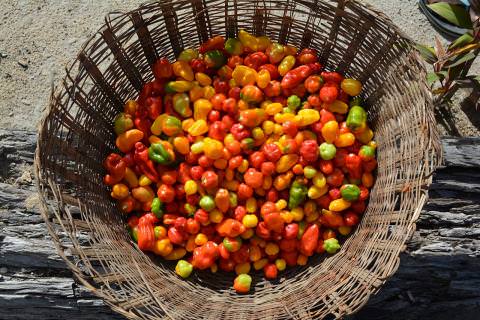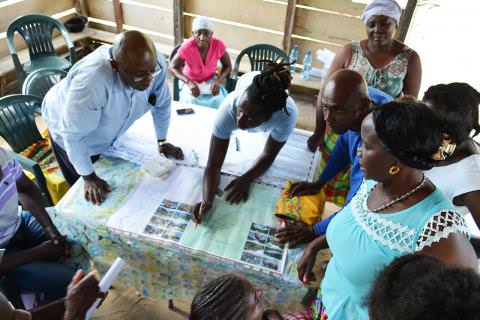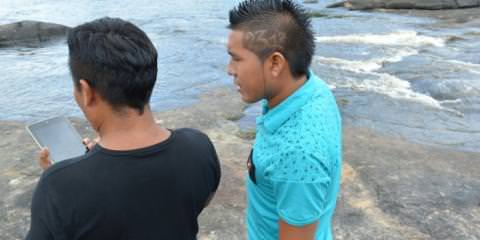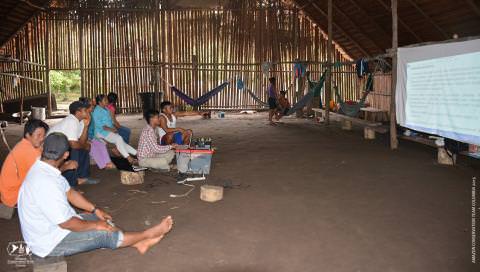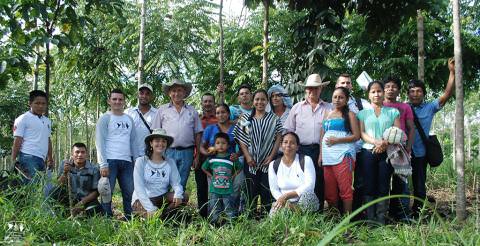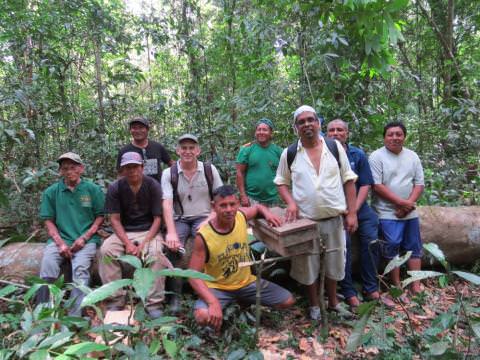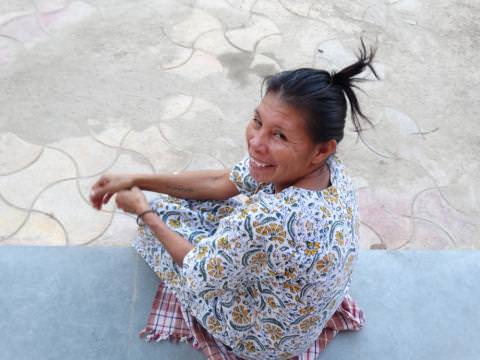The 2016 fieldwork for ACT’s joint project with the University of Utrecht and Surinamese universities is right around the corner. Since 2015, in southern Suriname, ACT has been conducting research in the Trio indigenous village of Kwamalasamutu, focusing on topics defined by the community.
Continue »María Patricia Navarrete Serna is the Program Coordinator for ACT’s large-scale project Connected Landscapes in a Fragua-Churumbelos Conservation Corridor in Colombia. We were able to interview her and learn more about her past work, her current projects, and why she enjoys working for the Amazon Conservation Team.
Continue »In September 2015, Anna Nantawi and Ketoera Aparaka, two Trio indigenous women from Suriname’s remote rainforest interior, departed for Rajasthan, India to begin a six-month solar power installation training course to benefit their community. On March 15, 2016, the women finally returned to Suriname.
Continue »For a dedicated group of Matawai Maroon women who are cultivating pepper for income generation in villages along Suriname’s upper Saramacca River, ACT has provided an industrial pepper mill to alleviate their strenuous physical work.
Continue »Over five days in late January 2016, for ten villages along Suriname’s upper Saramacca River populated by the nation’s Matawai Maroon community, the Avittiemauw Foundation and ACT led a workshop to enable the Matawai communities to continue their visualization of desired activities toward the proper development of their area.
Continue »ACT has launched a pilot project that provides older students with tablets so that they may gather and share audiovisual materials to expand their understanding of coursework. A special thanks to the students of Apetina for sharing the following festive video, the first produced with their new tools.
Continue »With support from ACT, members of the Curare – Los Ingleses indigenous reserve participated in their second mapping/GPS training workshop, in order to strengthen the community’s conservation monitoring program that seeks to protect their territory and that of indigenous isolated peoples.
Continue »Representatives of indigenous and campesino communities from the Colombian Amazon, with support from ACT staff, participated last year in shared learning activities related to the sustainable management and use of native timber trees.
Continue »In the indigenous village of Kwamalasamutu in southern Suriname, ACT has launched a pilot project to help the community members raise forest bees for income. The bees’ “bush honey” will be marketed in the nation’s capital city of Paramaribo.
Continue »Anna Nantawi and Ketoera Aparaka—women from indigenous villages of the nation of Suriname’s remote rainforest interior—are two months into their solar engineering training at the Barefoot College campus in India.
Continue »

